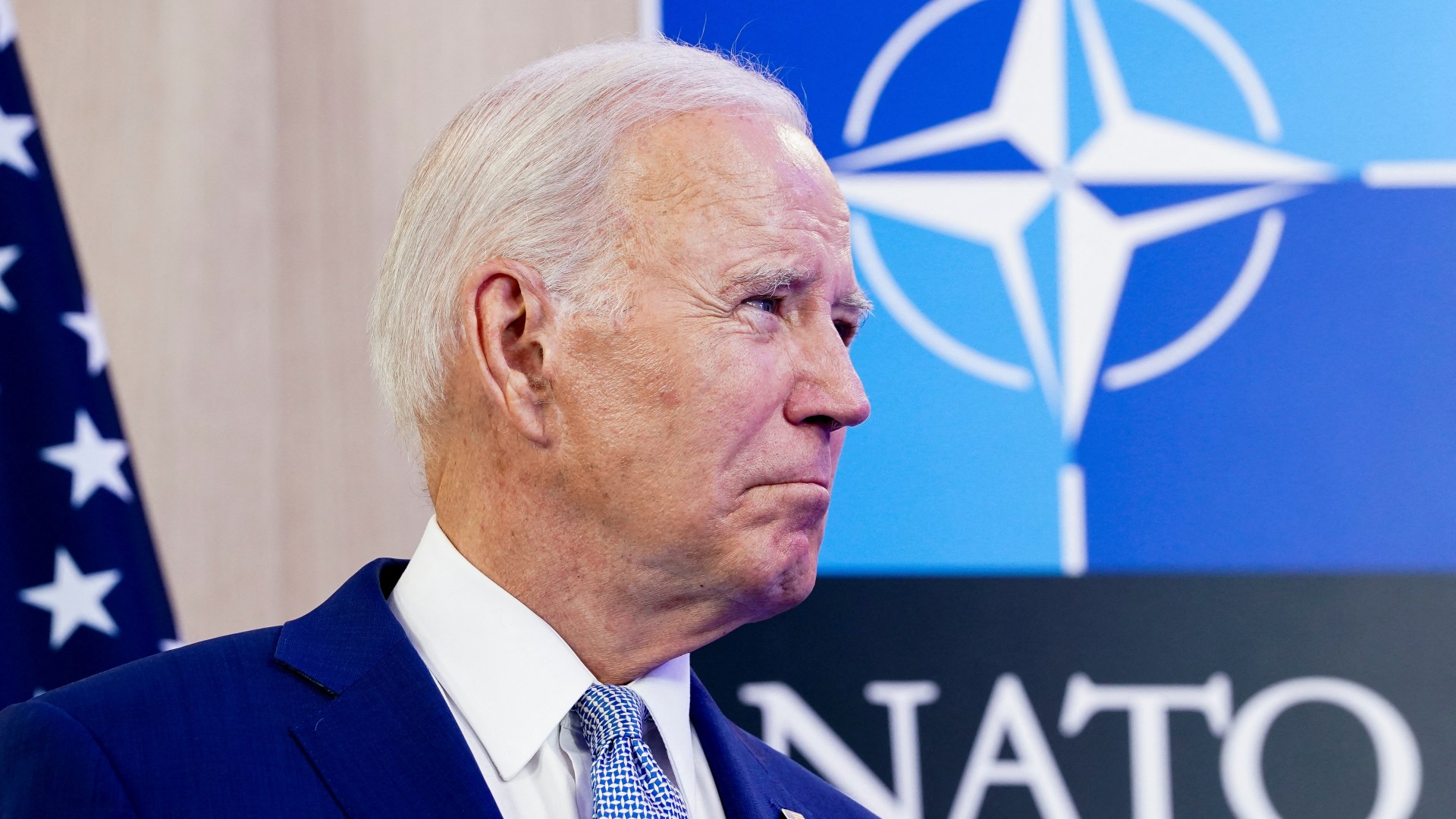Overview of Biden’s Tech Trade Restrictions
Biden’s tech trade restrictions encompass various policy tools and initiatives aimed at addressing critical challenges facing the tech industry. Key measures include:
- Export Controls: The Biden administration has tightened export controls on certain sensitive technologies, such as semiconductors, artificial intelligence, and cybersecurity-related products, to prevent their proliferation to adversarial nations and entities.
- Supply Chain Resilience: Recognizing the vulnerabilities exposed by the COVID-19 pandemic and geopolitical tensions, Biden has prioritized efforts to enhance supply chain resilience, particularly in critical industries like pharmaceuticals, semiconductors, and telecommunications.
- Foreign Investment Scrutiny: The administration has increased scrutiny of foreign investments in U.S. companies, particularly those involving critical technologies or national security implications, through mechanisms like the Committee on Foreign Investment in the United States (CFIUS).
Impacts on the Tech Industry
tech trader.xyz/ restrictions have significant implications for the tech industry, both domestically and globally:
- Supply Chain Disruptions: Tighter export controls and scrutiny of foreign investments may disrupt global supply chains, leading to delays, increased costs, and operational challenges for tech companies reliant on international sourcing and collaboration.
- Innovation Constraints: Increased restrictions on technology transfers and foreign investments could hinder innovation and collaboration, limiting opportunities for research and development and stifling the growth of emerging technologies.
- Market Access Challenges: Tech companies may face difficulties accessing foreign markets as countries respond with retaliatory measures or implement their own protectionist policies, creating barriers to trade and investment.
Broader Implications for International Relations
Biden’s tech trade restrictions have broader implications for international relations and global trade dynamics:
- Geopolitical Tensions: The measures have escalated tensions with key trading partners and geopolitical rivals, particularly China, as both countries engage in tit-for-tat actions, including tariffs, export controls, and investment restrictions.
- Alliance Dynamics: The restrictions have strained relations with traditional allies and partners, raising questions about the future of multilateral cooperation and the effectiveness of collective approaches to addressing shared challenges in the tech sector.
- Global Governance: Biden’s approach to tech trade raises broader questions about the role of international institutions like the World Trade Organization (WTO) in regulating emerging technologies and setting global standards for trade and investment.
Navigating the Future of Tech Trade
As the Biden administration continues to implement its tech trade agenda, several key considerations emerge:
- Balancing National Security and Economic Interests: Achieving a delicate balance between national security imperatives and economic interests is paramount to the success of tech trade policy, requiring nuanced approaches and ongoing dialogue with stakeholders.
- Adapting to Change: Tech companies must adapt to evolving trade restrictions by diversifying supply chains, investing in domestic production capabilities, and exploring new markets and partnerships to mitigate risks and capitalize on opportunities.
- Engagement and Collaboration: Collaboration with allies and partners is essential to developing coordinated responses to shared challenges, fostering trust, and promoting a level playing field in the global tech landscape.
Conclusion
In conclusion, Biden’s tech trade restrictions represent a significant shift in U.S. trade policy, with far-reaching implications for the tech industry, international relations, and global governance. While aimed at addressing critical concerns related to national security and economic competitiveness, these measures also pose challenges and uncertainties for tech companies, policymakers, and stakeholders worldwide. Moving forward, proactive engagement, adaptation, and collaboration will be essential for navigating the complexities of tech trade in an increasingly interconnected and competitive world.


